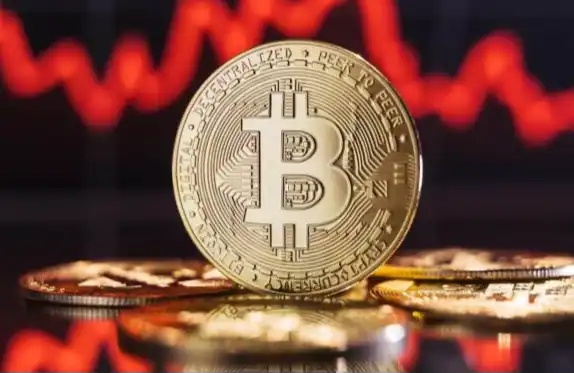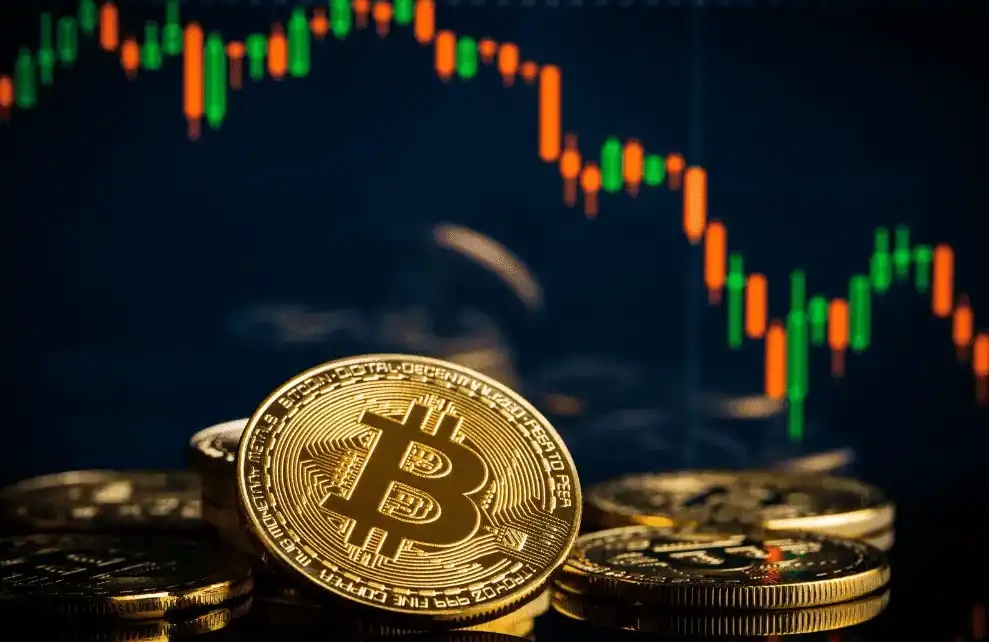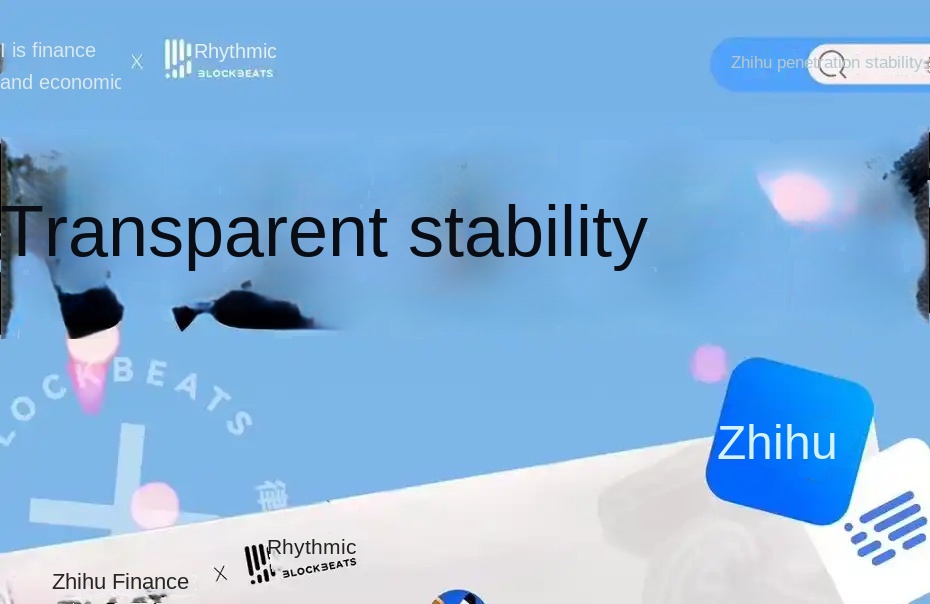What Has Driven the Surge in Aptos Price?
Original title: What's Going On With the Price of Aptos?
Source: Stacy Elliott, Decrypt
MarsBit
No cryptocurrency or token has climbed more in the past day or week than Aptos, according to CoinGecko.
Aptos blockchain's native coin, APT, has more than doubled in price in the past seven days, climbing 47% to $18.46 in the past day alone. Aptos has surged 350 percent since the beginning of the year. Why?
It's hard to pinpoint exactly why, according to CoinGecko, but the data showed that about half of APT's US $2 billion in trading volume over the past day came from won trading pairs on Singapore exchange UpBit. APT costs $18.63 on UpBit as of this writing.
That is nearly half a dollar more than it sells for on Binance and most other exchanges, suggesting that at least some of the activity is rooted in the carry trade. Simply put, carry traders profit from price differences. They buy at the lowest price and sell at the highest price they can get.
South Korean exchanges often list cryptocurrency assets at a premium to their global peers, a difference known as the "kimchi premium." Last year, the Seoul Central District Prosecutor's Office conducted an investigation into two billion won worth of illegal remittances generated by arbitrage traders.
It is worth noting that while Aptos is still only the 20th largest DeFi ecosystem, according to DeFi Llama, it has seen significant growth in the past month. Aptos DeFi trading volume rose from $14 million the previous month to $51 million in January - and the month is not over yet.

Another 10% of APT volume over the past day came from Binance's APT and Binance dollar (BUSD) trading pairs. Binance, the world's largest cryptocurrency exchange, also recently launched two APT liquidity pools, which now account for another 18% of APT trading volume.
Liquidity pools drive peer-to-peer trading of crypto assets. Users are incentivized to "pool," or deposit their tokens so that they can exchange them with other users. They are crucial to the functioning of decentralised exchanges such as Uniswap and Curve. But centralised exchanges such as Binance are also taking advantage of them.
On January 20, the Binance Liquid Swap platform debuted liquidity pools for APT/Tether and APT/ Bitcoin. The platform rewards users for putting money into the pool with BNB, the exchange's utility token.

At the time of writing, Binance promises a yield of 92.42% for APT/USDT and 99.49% for APT/BTC liquid pool deposits. Among them, users will receive a BNB reward of 0.71% and 1.07% respectively, which will be paid once an hour.
Aptos has outperformed the market since the start of the year. But it did get off to a rough start when its main net launched in October.
The project has received a lot of blowback for not releasing its tokenomics sooner. When the blockchain, which promised a speed of up to 150,000 transactions per second, was widely unveiled, it showed a speed of four transactions per second, there was criticism.
At the time, Aptos co-founder Mo Shaikh said on Twitter that it was a sign of a "network sitting idle before a project goes live."
Aptos's backers include many of the venture capital firms that have become mainstream in the industry. Andreesen Horowitz, Multicoin Capital, Jump Crypto, Tiger Global Management, Blocktower Capital, and Coinbase Ventures. Prior to launch, the project raised $200 million in strategic funding and $150 million in Series A funding.
The list also includes two companies that later filed for bankruptcy. Hedge funds Three Arrows Capital and FTX Ventures, the venture arm of Sam Bankman-Fried's cryptocurrency empire.
Original link
Welcome to join the official BlockBeats community:
Telegram Subscription Group: https://t.me/theblockbeats
Telegram Discussion Group: https://t.me/BlockBeats_App
Official Twitter Account: https://twitter.com/BlockBeatsAsia











